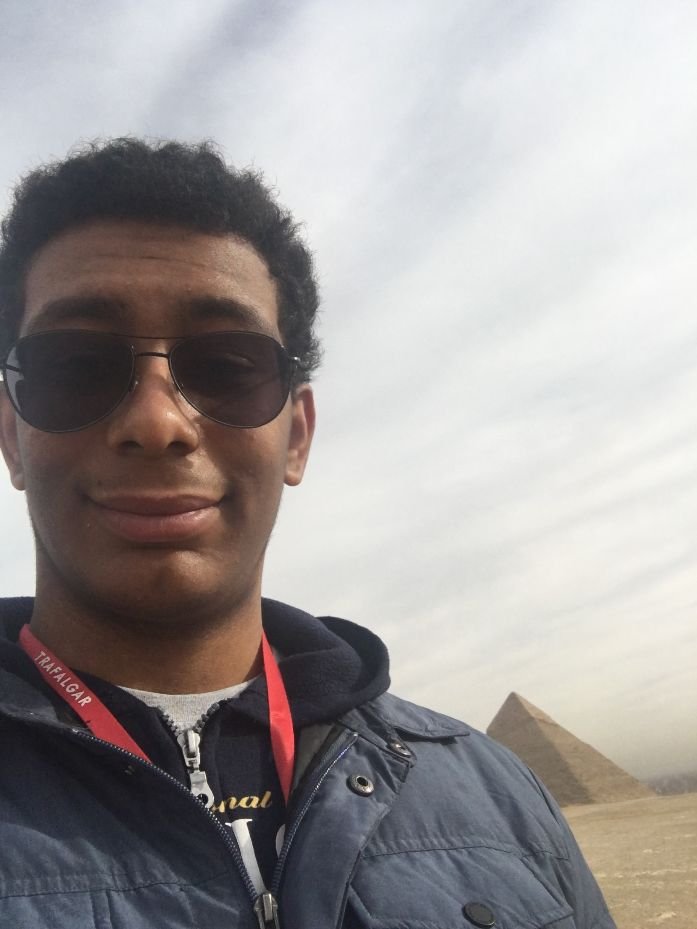On August 2, the ANCA Eastern Region delivered the fourth of its eight Zoom-based advocacy workshops; “Grassroots Advocacy 101” was principally led by Ani Haroian, chair of the Armenian National Committee of Rhode Island (ANC-RI).
To begin, Haroian shared the basics of her local ANC, as the structure and operation differ from chapter to chapter. She elaborated that the ANC-RI functions “in a democratic way. Everyone has their say” and “that has made a difference in Rhode Island.” The state was the first to recognize Artsakh, and the yerakouyn is flown at the State House and all 39 cities and towns every year on the anniversary of the Armenian Genocide.
Haroian then highlighted the fact that it is possible to build non-conventional allies. While some groups are natural allies to the Armenian Cause, either due to a historic shared connection or a common enemy, chief among these being the Kurds, Greeks and Assyrians, other less obvious groups, for example the “textile workers’ labor unions would be a perfect ally” and “would love to have our support when they try to fight Turkish imports into this country.” Building relations with other ethnic groups that typically don’t relate to the Armenian Cause is also crucial; to do so, it is important to attend the events of other ethnic groups and offer our support, such that they might do the same for the Armenian Cause.
Reaching out to local officials and inviting them to increase their involvement in the Armenian community can also go a long way towards the advancement of the Armenian Cause. “We have a bazaar…every single elected official comes by… it’s a freebie. Invite them, let them come to your church, meet some people, take a few pictures,” said Haroian. Building a strong presence in local electoral politics is a small investment for large long-term political gains. This has become more important than ever, considering the influence which Azerbaijan exerts in politics in places such as Germany and increasingly, the US. Countless interns with ties to the Aliyev regime entered the employ of German members of Parliament across many parties. Recent proclamations by the cities of Boston and Portland are a sobering warning that if Armenians are not vigilantly engaged in local politics, agents from Azerbaijani or Turkish regimes will flood the field with the agenda of harming Armenia and preventing the political advancement of the Armenian Cause.
Lorig Baronian followed Haroian, presenting how the local ANC of Pennsylvania, a large state with 18 districts, built up its membership. Despite a fairly large Armenian presence, the ANC-PA struggled initially because most of the Armenian community is centered around the Philadelphia area – comprising only about seven out of the 18 districts; thus, through calls, emails, text messages, mobilizing the local AYF, the ANC-PA looked for “anybody that could help.” Baronian also underscored that interaction with the American community at large is important and that the key to Armenian-American advocacy is that it must influence American public beliefs and the policy of the US government. In one instance, the Turkish lobby in Pennsylvania paid for a billboard saying “Turks and Azerbaijanis are ready for peace. Are Armenians?” The local Armenian community rallied and countered with a billboard highlighting that American tax dollars are paying for Azerbaijani killings of Armenians. The difference? The Turkish billboard does nothing; it has no purpose and no true engagement, while the Armenian billboard engages Americans. People are more likely to support a cause which directly affects or is linked to them.
Dzovinar Hamakorzian, chair of the ANC of Michigan, was the penultimate presenter, talking especially about the actions of Turkish lobbies in reaction to Armenian advocacy. Oftentimes, elected officials may be confronted by two conflicting options: siding with the Armenian community or with Turkish lobbies. After the ANC of Michigan put in a request for an Armenian Genocide Remembrance proclamation for April 24th, they discovered that “there was another proclamation on the mayor’s desk from the Turks for April 23rd,” specifically to counter and minimize the Armenian proclamation. Now, more than ever, it is important for the Armenian community to make its voice heard by local officials as Turkish associations and lobbies ramp up their efforts to derail Armenian issues and jeopardize our cause.
The final speaker was Armen Carapetian, ANC of Maine co-chair. Maine is a smaller state with fewer districts and fewer Armenians. The Maine Armenian community is one of the oldest in the country; however, it began to dissipate after WWII, resulting in the lack of a “cohesive center” with “no church, no institution that brings everyone under the same umbrella…in terms of hard assets, there are none.” Despite this, once Artsakh was invaded by Azerbaijan, the local ANC “called on the community… [and] people really responded.” Carapetian defined advocacy as consisting of three principal parts: “Government relations, […] community organizing, and the media.” For instance, the mayor of Portland put out a proclamation about the Khojaly events, which she initially refused to rescind, but for which she later apologized. Through the government relations vein of advocacy, the ANC of Maine secured meetings with the mayor multiple times to persuade her to rescind the proclamation. Meanwhile, the Maine Armenian community came out against the proclamation, which caused her to apologize for having published it. Finally, local Portland newspapers picked up on the story, bringing the issue to wider attention, which contributed to the final rescission of the proclamation.
The next workshop “Combatting Azeri Propaganda” will be led by ANCA National Board member Ani Tchaghlasian and Worcester State University professor Dr. Henry Theriault. It will be held on August 16, 2021 and will focus on how we can combat the vast amounts of false propaganda extolled by the Azerbaijani state. First time participants must register in advance.



Be the first to comment